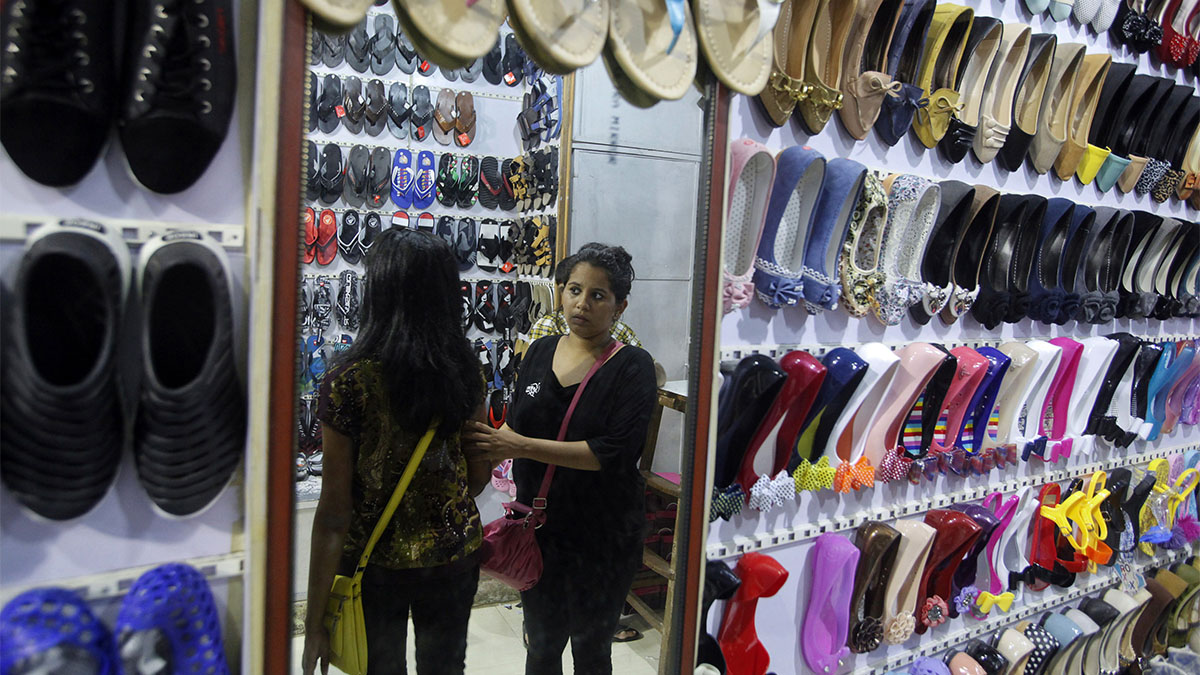India’s retail sector has long been the foundation of the Indian economy that weaves together millions of Indians. Yet, as we step into 2025, it is evident that the industry faces a persistent challenge, which is gender disparity. Women entrepreneurs, despite their full potential, remain underrepresented. Looking at the current situation, it is expected that Budget 2025 might present an opportunity to bridge this gap, empowering women entrepreneurs and unlocking untapped growth.
Women in the retail sector
Women constitute a substantial part of the workforce in India’s retail sector, especially in organised retail, where they account for an estimated 25-30 per cent of employees, as per a few media reports, making it one of the industries with the highest female representation. As a conscious entrepreneur, there is a constant feeling that this progress needs ample attention by having women in senior leadership roles and as change begins at home, we actively implement this principle within our own organisation. Similarly, women entrepreneurs account for less than 20 per cent of business ownership in the retail sector. This disparity is not just a social but an economic issue. Studies show that women-led businesses deliver higher returns and foster inclusive growth. By enabling women to thrive in retail, we can catalyse the sector’s growth and significantly contribute to India’s GDP.
Challenges women entrepreneurs Face
Despite their potential, women entrepreneurs encounter systemic barriers such as limited access to credit, inadequate infrastructure, and societal biases. Navigating the complexities of supply chains, technology integration, and scaling operations often requires support systems that are currently lacking. Moreover, the digital shift in retail has amplified the need for skill development, which many women entrepreneurs struggle to access due to financial or logistical constraints.
Budget 2025 should address key challenges faced by women entrepreneurs by introducing targeted schemes such as low-interest loans and credit guarantees, incentivizing banks and NBFCs to prioritise women-led businesses, and fostering affordable access to finance. Investments in skill development and digital literacy, including training in digital marketing, e-commerce operations, and financial literacy, particularly for women in tier-2 and tier-3 cities, are crucial for their growth in the e-commerce sector. Furthermore, tax benefits for women-owned businesses, coupled with incentives for corporations to source from such enterprises, can drive significant industry-wide impact. Enhancing infrastructure and market access through dedicated retail spaces or exclusive online platforms, as well as initiatives enabling export market penetration, can boost visibility and revenue opportunities. Additionally, mentorship programs and networking platforms connecting women entrepreneurs with industry experts, investors, and peers can foster a supportive ecosystem for sustainable growth.
Impact Shorts
More ShortsA call to action
As we await Budget 2025, policymakers, industry leaders, and stakeholders must come together and recognise the transformative potential of women entrepreneurs in retail. Empowering women is not just about fairness; it is about fostering innovation, resilience, and growth. Let this budget mark the beginning of a new era where women entrepreneurs lead the charge in shaping the future of retail in India.
India’s retail story is incomplete without its women. Let’s ensure Budget 2025 writes them into the narrative with bold, actionable measures. Together, we can close the gap and build a truly inclusive economy.
The author is Founder and CEO, IGP.com. Views expressed in the above piece are personal and solely those of the author. They do not necessarily reflect Firstpost’s views.


)

)
)
)
)
)
)
)
)



